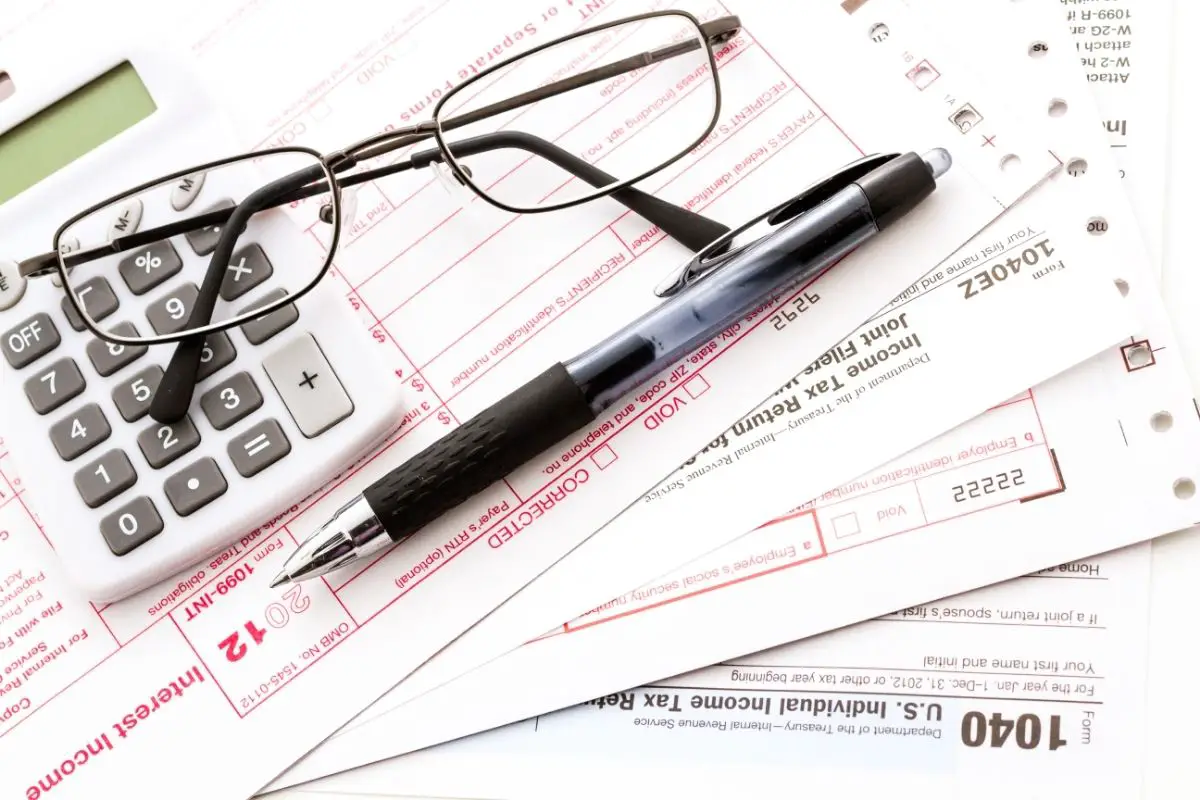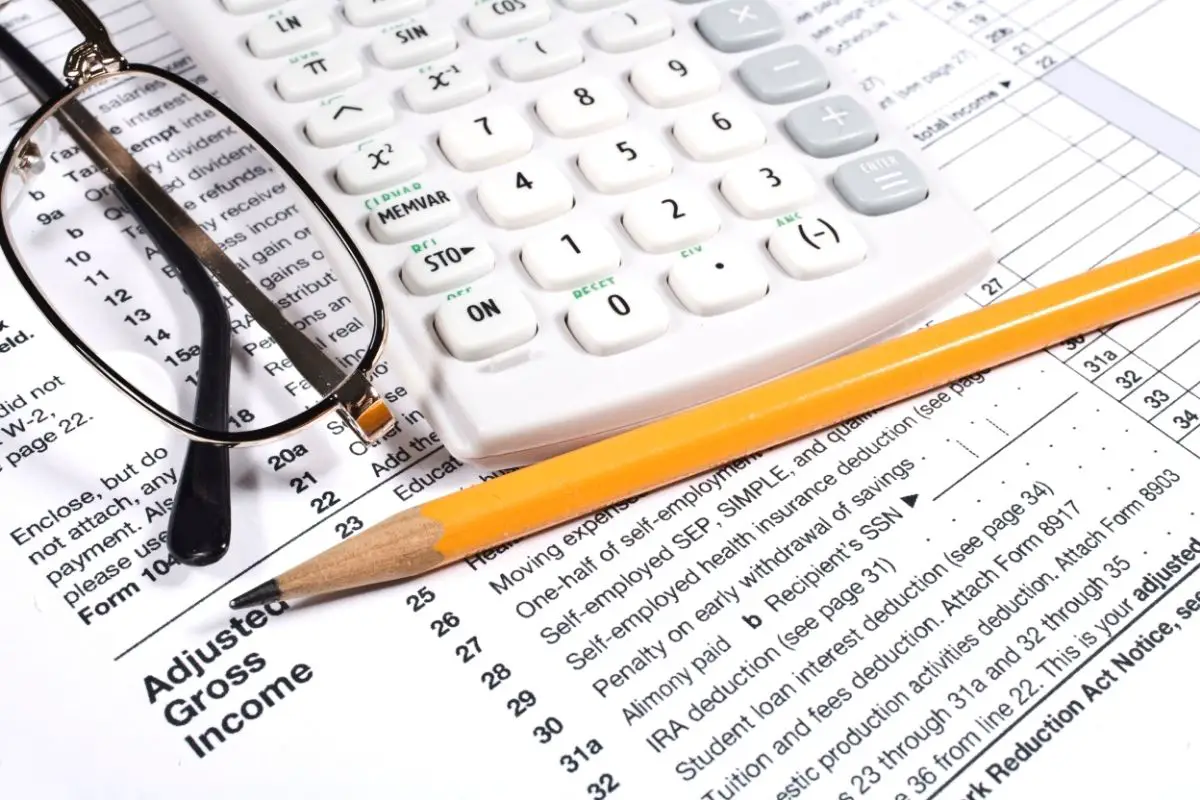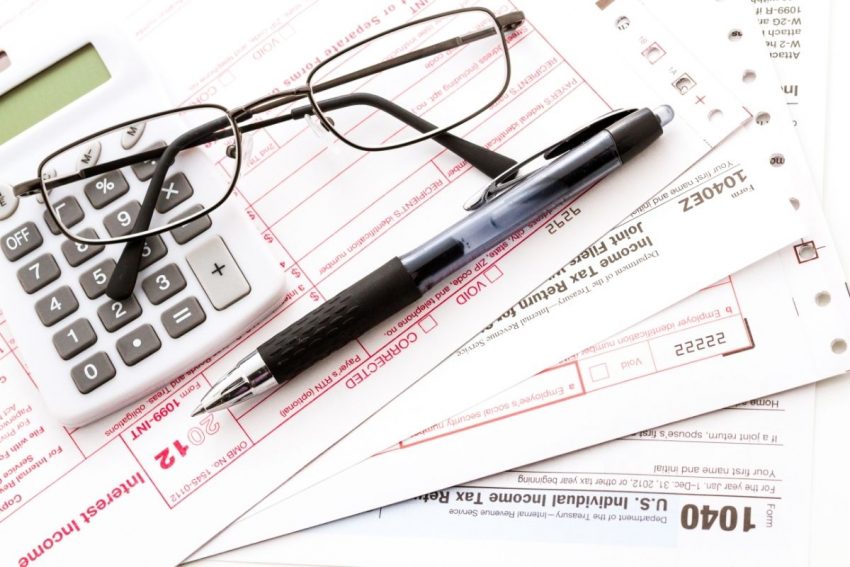Tax Day is an incredibly important date to remember, and one that can be somewhat confusing to understand if your knowledge of taxes isn’t the most solid.

Taxes can be hard to process at the best of times, so there is no doubt that we have all been in that confused state at one time or another when it comes to understanding Tax Day!
We are here to help you out, as in this article we will be taking a closer look at Tax Day to decipher exactly what it is, the day it falls on and some general information on it as well. Let’s get started.
Contents
What Is Tax Day?
Whereas the tax season in the United States runs from January 1st to April 15th every year- with this time relating to the time period wherein taxes are filed and paid for from the previous year.
Tax Day itself refers to the final deadline when all tax payments and individual federal tax returns are due.
This date tends to be the same for any states that levy income taxes, setting the same deadline for the residents to file any state income taxes to the federal government.
What Date Does Tax Day Fall On?
There is no definitive set date for Tax Day, but since 1955, it has usually fallen either on or just after the 15th of April.
The date can be delayed due to circumstances such as falling on the weekend or conflicting with a public holiday.
There are also exceptions when it comes to public health emergencies or natural disasters, as these kinds of situations can lead to delays when it comes to getting taxes ready to file on time.
These extensions will be decided by the IRS if it is deemed necessary.
The History Of Tax Day
The Revenue Act of 1861- which was set up to help with the funding of the Civil War- was the first glimpse of federal income tax to be introduced in the United States.
However, the act was considered unconstitutional and was ultimately repealed and readopted.
There were no voluntary tax returns- instead of being based on assessments-, and tax payment dates would vary.
The very first Tax Day came to be when the Sixteenth Amendment- the amendment which allowed Congress to levy an income tax without needing to apportion it amongst states based on their population- was ratified in 1913.
Tax Day Extensions
If you find that you need more time in order to get your tax returns ready, you can request an extension.
This can give you up to six months of extra time to prepare and file, but the deadline will still be on Tax Day. This means that a payment of estimated tax must still be made on the deadline day.
How Do You File For An Extension?

You can file an extension for your taxes in a few different ways, including the following:
- With the IRS Free File Tool (more on that later) where you can include your estimated payments.
- Pay some of or all of your estimated income tax and when doing so, indicate that the payment is intended to be for an extension.
- File the electronic Form 4868- Application for Automatic Extension of Time To File U.S. Individual Income Tax Return- via your computer or with a tax professional. When filing electronically, make sure to have a copy of your tax returns from the prior year.
- You can also file a paper version of this form-, still being Form 4868.
Don’t forget that your request for an extension has to be filed either on or before the date that your original tax payment was due.
Tax Day Facts
The majority of people who earn an income have to file a return on Tax Due Date. This includes:
- Those with employers who already deduct some taxes from their paychecks.
- The self-employed
- Small business owners: they must file to pay their estimated taxes as well as file their annual returns in order to square up their accounts)
- Retirees: their filed taxes must account for any income received from pensions, retirement account withdrawals, Social Security, and investment income. If you are under the age of 65 and earned income that was greater than or equal to $12,550 in the previous year, you must file. In the same manner, those who are 65 or older and who made more than $14,250 in the year prior must also file their taxes on this income.
State tax deadlines can be different from income tax deadlines.
If you are unsure whether you are required to file a state income tax return, make sure to check with your state tax agency. They will be able to confirm any Tax due dates for you.
Electronic tax filing seems to be the way to go in our modern society, with only 10% of people still filing paper tax returns as of 2018 (a number that is probably even less at the time of writing).
Electronic tax returns allow for fewer mistakes as well as a shorter wait time for tax refunds.
Taxes can be filed for free if your adjusted gross income comes in at less than $69,000. If this is the case, then you might be eligible to use the IRS Free File.
IRS Free File is a public-private partnership between the International Revenue Service (the IRS) and the Free File Alliance (a group of tax preparation companies).
This partnership allows taxpayers to prepare and file any federal income taxes online whilst using a guided tax preparation service in a safe, efficient, easy, and free manner.
Around 70% of tax filers qualify to use this program, which can offer a great deal of support and comfort as you file your taxes.
Final Thoughts
Hopefully, you should now have a thorough understanding of tax day and what you need to do to prepare!
Taxes aren’t always going to be easy to get through, so make sure that you consult a tax professional such as CPA or EA if you are having any problems.





